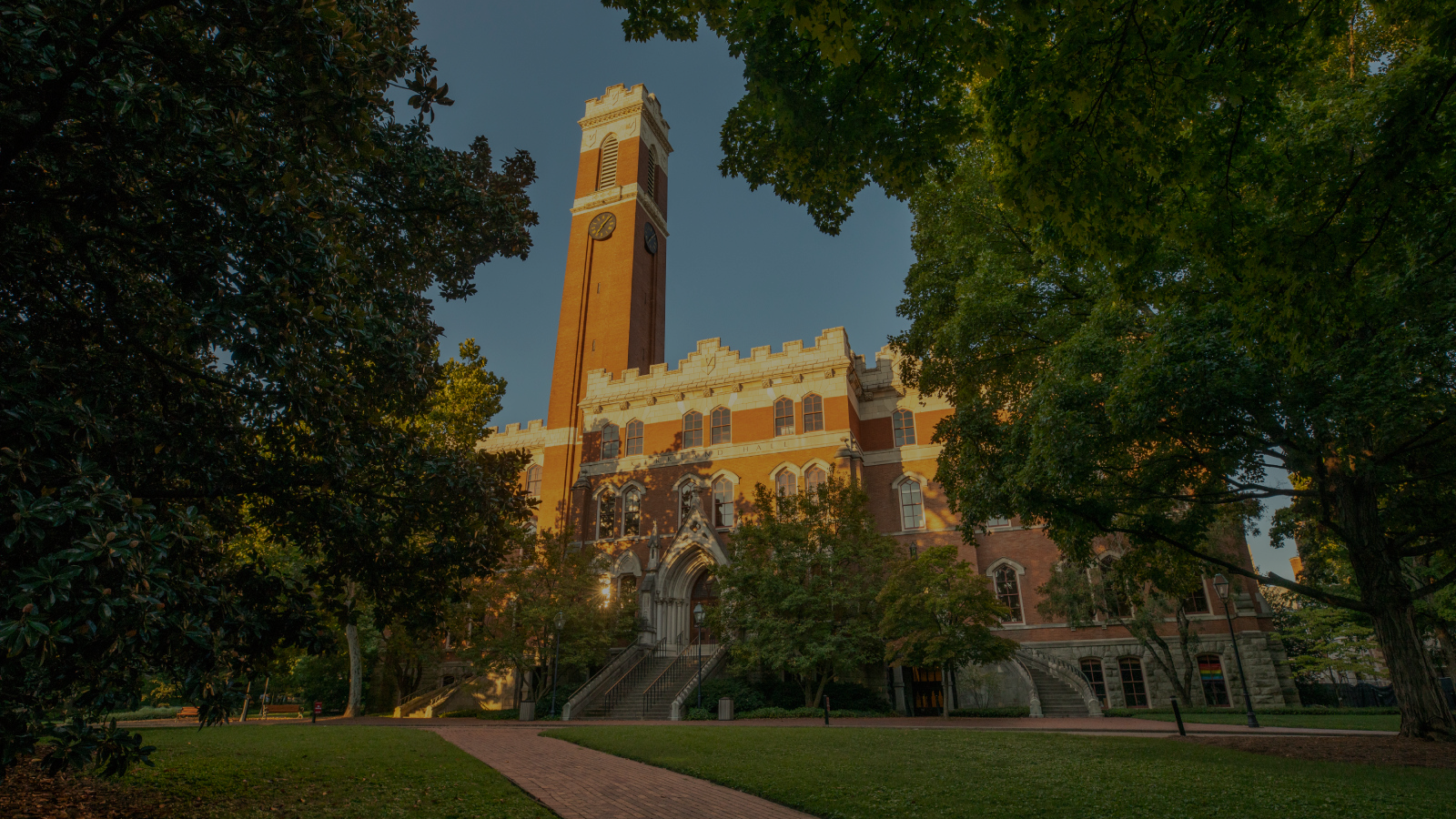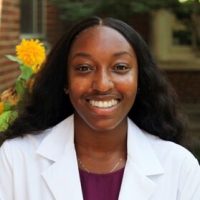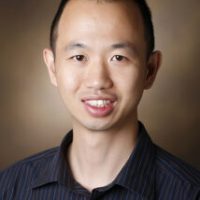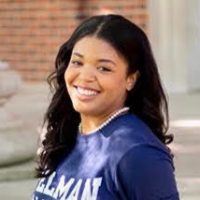Two pairs of Vanderbilt researchers have been named 2023 Howard Hughes Medical Institute Gilliam Fellows. Deronisha Arceneaux, a graduate student in the lab of Ken Lau, professor of cell and developmental biology, and Kimberlyn Ellis, a graduate student in the lab of Lea Davis, associate professor of genetic medicine and molecular physiology and biophysics, were selected in recognition of outstanding research in their respective scientific fields and their commitment to building a more inclusive scientific ecosystem. Each student-adviser pair will receive an annual award totaling $53,000 for up to three years, according to HHMI, the Howard Hughes Medical Institute.
The Gilliam Fellows Program provides awards to pairs of dissertation advisers and their graduate students based on what HHMI values and considers essential components of the environment, particularly the institution and adviser’s commitment to creating a healthy academic ecosystem and the student’s potential for scientific leadership.
“This prestigious fellowship not only serves as a testament to the power of mentorship and collaboration, but also emphasizes the importance of fostering an inclusive and thriving scientific community,” said C. Cybele Raver, provost and vice chancellor for academic affairs.
“The Gilliam Fellowship not only supports incredibly talented graduate students who are poised to become future leaders in science, but it also engages thesis advisers and institutions in the work of creating training environments in which all students can thrive,” said Joshua Hall, senior program officer for the Gilliam Fellows Program.
Arceneaux’s research primarily focuses on investigating intestinal Tuft cell heterogeneity in the type 2 immune response circuit. “Becoming an HHMI Gilliam Fellow is a great milestone in my candidacy. Being named a Gilliam Fellow underscores that I am a strong candidate for conducting great science and being a leader,” Arceneaux said. “Furthermore, it highlights the importance of a supportive mentor in aiding in the trainee’s success. I am looking forward to professional development, engaging in the breadth of topics at the scientific meetings and, most of all, building my scientific network.”
“One of the major challenges for an underrepresented scientist is the difficulty of developing a wider scientific network with colleagues. I hope to be able to make a change in helping scientists overcome this obstacle,” Lau said. “I am proud that my lab is recognized for its diverse scientific environment that is welcoming to individuals coming from all backgrounds. I hope to learn from the Gilliam program and my colleagues about their experiences and tips on managing the challenges of diversity in modern science in an effective but thoughtful way.”
Ellis’ doctoral research investigates sex-by-ancestry interactions of asthma and environmental modifiers in African descent admixed populations. With this work, she hopes to dismantle health disparities and improve health outcomes for underrepresented populations.
“I am elated to be selected as a Gilliam Fellow because I desire to join a group of like-minded graduate students who are passionate about science leadership and seek equitable access to independent STEM research careers. My passions for interdisciplinary research and the interdisciplinary nature of my thesis project will be substantively enhanced by the varying expertise and research interests of the other Gilliam Fellows, both formally through exchanges of knowledge and informally through shared programmatic experiences and interactions,” Ellis said. “I look forward to utilizing the Gilliam Fellowship for Advanced Study as a unique opportunity for Dr. Davis and I to advance diversity, equity and inclusion initiatives on Vanderbilt’s campus while enhancing my research aptitude and graduate school experience.”
In 2022, Ellis completed the Christine Mirzayan Science and Technology Policy Fellowship with the National Academies of Sciences, Medicine and Engineering and earned an Advocacy Certificate for Human Genetics and Genomics Trainees from the American Society of Human Genetics.
“I am delighted to be a Gilliam Advisor and to be embarking on this journey with such a remarkable student as Kim. The Gilliam fellowship not only supports Kim during her research but also provides us with funding to build a new Vanderbilt DEI initiative that we co-developed,” Davis said. “As a Gilliam Advisor I will also be participating in mentor training over the next year and am thrilled to have the opportunity to learn from the HHMI and the community of mentors and fellows. I am beyond excited to have the support needed to carry out the research and equity programming that Kim and I envisioned when we submitted our application.”
As part of the program, Lau and Davis will participate in a yearlong mentorship development course led by facilitator-scholars from HHMI’s Scientific Mentorship Initiative. This learning experience includes monthly online interactive webinars and two in-person workshops at HHMI headquarters. “By offering professional development to mentors and supporting the growing Gilliam community, HHMI is working to create lasting change across campuses and throughout the wider scientific community,” says Blanton Tolbert, vice president of HHMI’s Center for the Advancement of Science Leadership and Culture.
This year’s participants join previous Vanderbilt program members Melanie Gil and Vivian Gama (2022) and Nicolas Shealy and Mariana Byndloss (2021).




